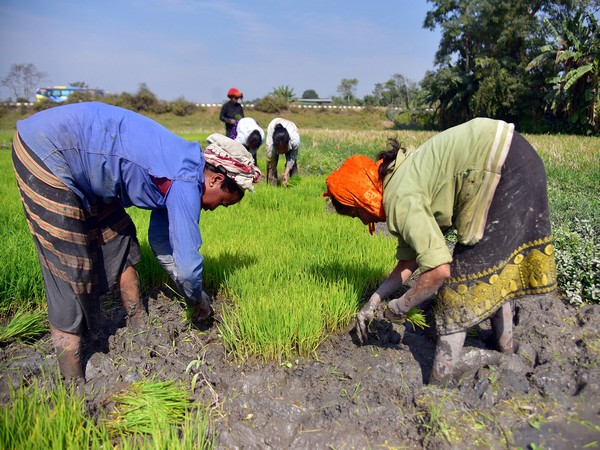ICRIER Report Calls for Rationalizing Subsidies to Transform Rural-Agrarian Economy
A report by ICRIER highlights the need for rationalizing subsidies in India's rural-agrarian sector. The Union Budget 2024-25 allocates Rs. 6.2 trillion for agriculture, with significant portions for food and fertilizer subsidies. The study advocates reallocating funds towards R&D and infrastructure to boost rural incomes and growth.

- Country:
- India
According to a report by the Indian Council for Research on International Economic Relations (ICRIER), food and fertilizer subsidies constitute more than 50% of the Union Budget for the rural and agrarian sector in FY25. The document reveals that the central government has earmarked Rs. 6.2 trillion for agriculture, which represents 13% of the overall budget of Rs. 48.2 trillion for the fiscal year 2024-25.
The report specifies that 30% of the agrarian budget, amounting to Rs. 2,05,250 crores, is allocated to food subsidies, while fertilizer subsidies account for 24%, totaling Rs. 1,64,000 crores. Despite this significant investment, the focus remains primarily on subsidies and welfare measures like the Mahatma Gandhi National Rural Employment Guarantee Act (MGNREGA), cumulatively accounting for Rs. 4.55 trillion of the agricultural budget.
Agriculture economist Ashok Gulati highlighted that while these subsidies aim to improve rural living conditions, they have not effectively addressed the issue of low rural incomes. The report suggests re-orienting these policies to invest in agricultural research and development (R&D), rural infrastructure, and skill development, which yield higher returns compared to traditional subsidies. The vision for a 'Viksit Bharat@2047' heavily relies on such strategic shifts in policymaking for sustainable and inclusive growth in rural India.
(With inputs from agencies.)










